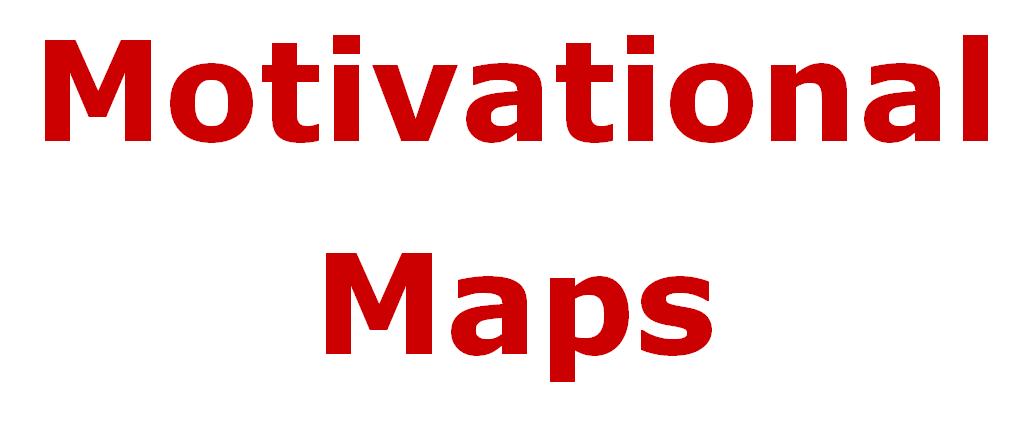Below you can find the second chapter of the book by Rob Symes "First Who, then Woo", Enjoy!
The Strength
of Weak Links
“All animals are created equal but some are
more equal than others”
George Orwell. Animal Farm
Definition of a Source “ A place, person or
thing from which something comes or can be obtained. A person who provides
information.”
Weak links in a career context was thoroughly researched by sociologist
Mark Granovetter when he asked a random sample of professionals who had just
switched jobs how they found their new opportunity. Of those, who had found
their job through a contact, Granovetter then asked how frequently they saw
that contact. He asked participants whether they saw the person often (twice a
week) occasionally (more than once a year but less than twice a week) or rarely
(once a year or less). Only 16% of individuals had found their job through a
person they saw often. The rest found their job through a contact they saw
occasionally (55%) or rarely (27%). In Granovetter’s words, the contacts that
referred jobs successfully were “weak ties.”
Granovetter’s explanation for this was simple. The stronger your
relationship with someone the more likely you are to know what they know: their
friends, their restaurants and their job opportunities. This interconnectedness
is limiting because you all have the same information. In contrast, weak links
are outside the inner circle. They can uniquely serve as bridges to other
worlds and pass on information and opportunities you would not hear about
otherwise.
Weak links are also a highly effective method of locating candidates.
However, exploiting weak links cannot be done on a whim. It requires a
fundamental shift of mind-set.
Building sources that can bridge
you to weak links is different from building traditional friendships. The
criteria you use to build friendships is not only unrelated to building a
network of sources but will actually harm your chances of being referred to
weak links. When you build friendships you tend to focus on similarity, shared
interests and what experiences you can have in the immediate future. In
contrast, when you are building sources you attempt to look for different
personalities, diverse interests and focus on the long term.
The long-term focus is crucial. People are inherently self-interested
but also reciprocal. It is illogical to expect someone you met yesterday to
introduce you to his or her Rolodex. There is no benefit to them and even if
they like you, they do not trust you. The key to building the relationship with
your source quickly is to do something genuine for them first. If it can be a shared experience so much the better.
Physical and mentally strenuous experiences are much better at building a
trusting relationship than impersonal emails. Here is a recent example.
I met Scottish entrepreneur and
MD of Anvil mobile, Ian Phillip, at a post conference dinner. On the face of it
we had little in common. We are twenty-five years apart, Ian is far more
technologically savvy than I and we weren’t interested in buying each other’s
services anytime soon. However, I quickly realised that Ian could be an ideal
source because of his background running large sales teams for telecoms
companies. It also helps he’s great fun to be around.
In the three months that followed
we exchanged emails, he appeared on our weekly podcast, I discussed his
daughter’s post graduation plans with her over coffee and we arranged to play
golf.
Now during this time, I happened
to be asked by a client to find a VP of sales. Remember, in my business,
clients are difficult to win and devilish to keep so I was keen to find the
best candidate possible to help them succeed and gain repeat business. Clients
also expect speed. Reactions like job advertising and cold calling prospects is
not only time consuming but usually ineffective for this kind of specialised
position. Planning trumps reactions.
On that night I was calling the
twenty people I’d designated as sales sources, I called Ian who gave me three
names. One candidate only accepted the approach because of my referral from
Ian. He is approached at least once a day by recruiters. He ended up being the
client’s new VP. No one worthwhile is
easy to find.



No comments:
Post a Comment